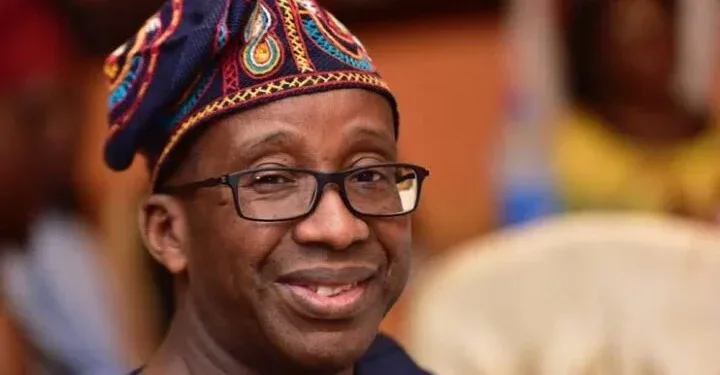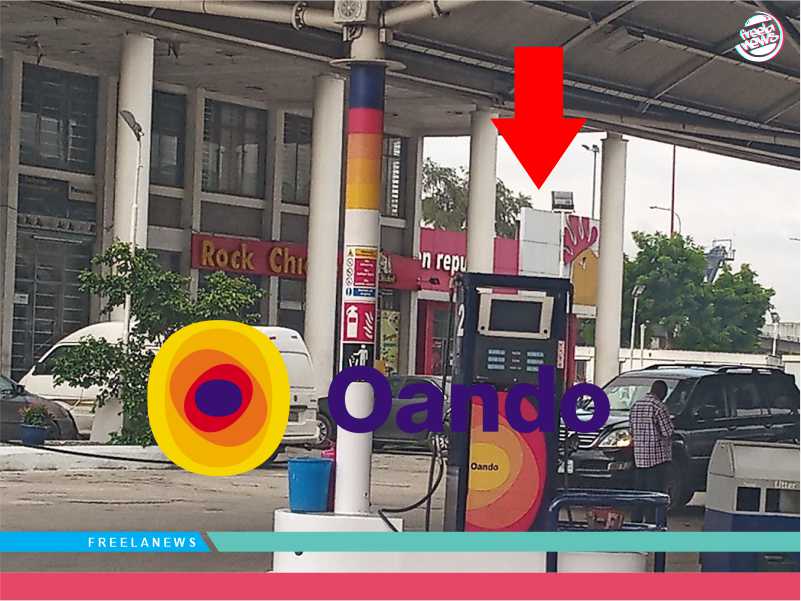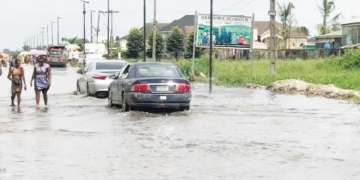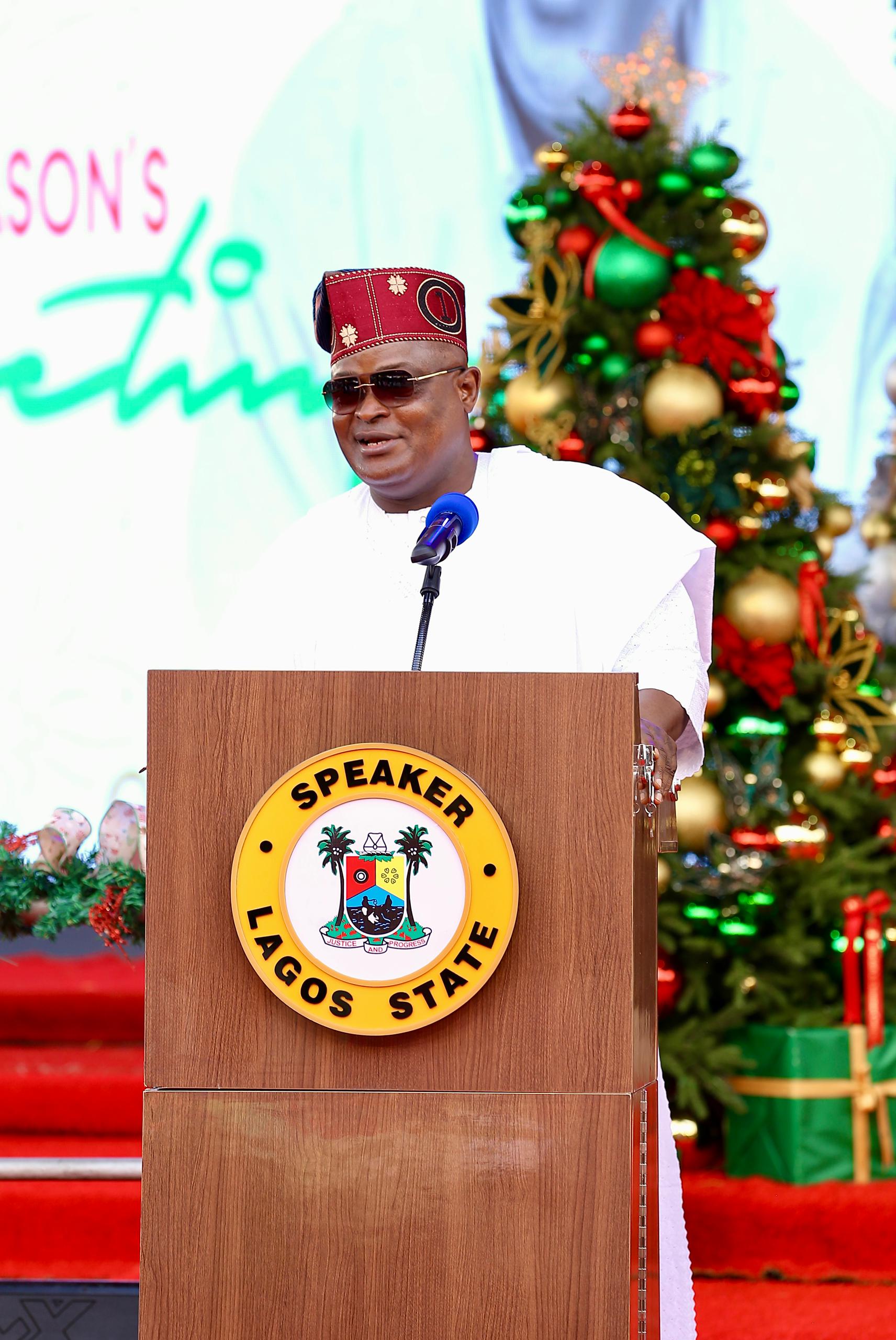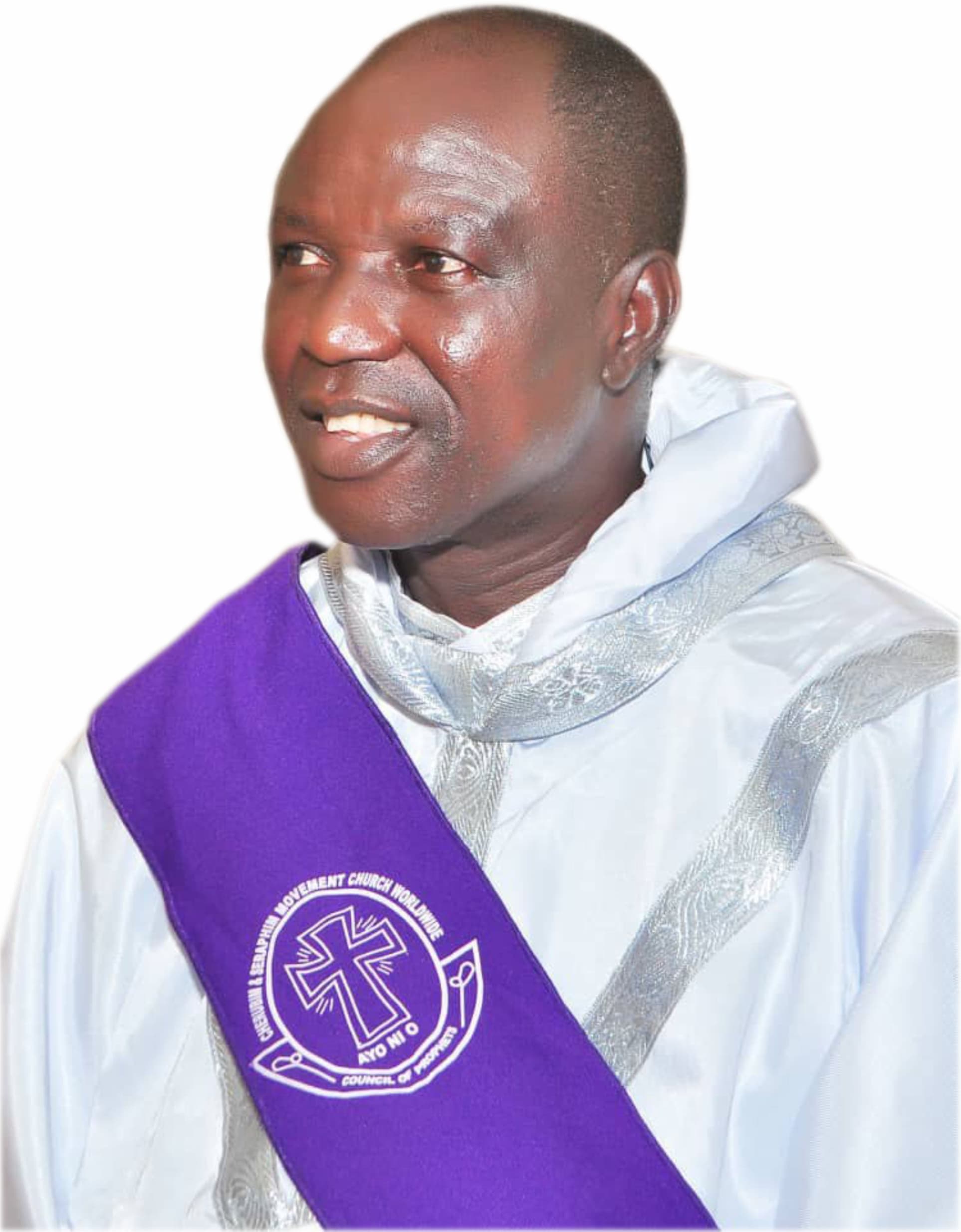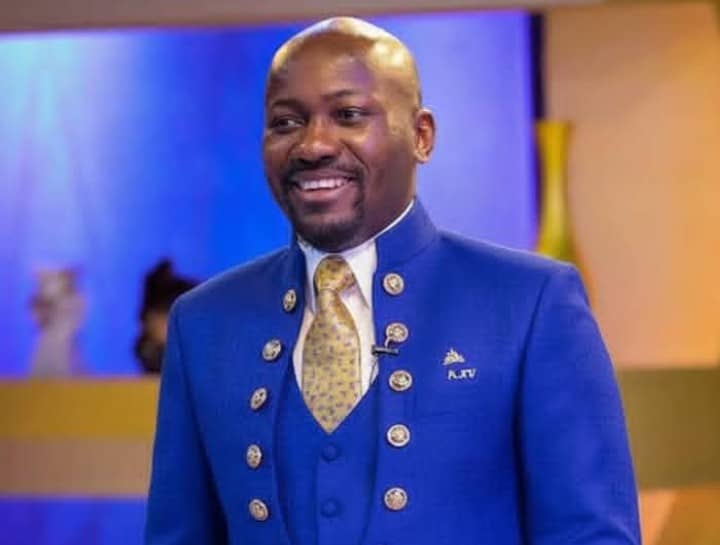A Federal High Court in Abuja heard on Thursday that the Eastern Security Network (ESN) is an illegal group, unlike the legally backed Amotekun: an SSS official also clarified that the DG SSS’s advocacy for community policing requires agency guidance, not independent groups like IPOB
[dropcap]T[/dropcap]he Federal High Court in Abuja, on Thursday, May 22, 2025, received testimony from a State Security Service (SSS) official who drew a stark distinction between Nnamdi Kanu’s Eastern Security Network (ESN) and the South West’s Amotekun security outfit, declaring the former an illegal entity.
Also read: Court bans Nnamdi Kanu’s sister-in-law from live-streaming proceedings
The SSS operative was the second prosecution witness in the ongoing terrorism trial of the self-proclaimed leader of the Indigenous People of Biafra (IPOB).
During re-examination by prosecution lawyer Adegboyega Awomolo (SAN), the witness asserted that unlike Amotekun, which is backed by laws enacted by the various Houses of Assembly in the six South West states, ESN lacks any legal framework supporting its existence.
“ESN and Amotekun are not the same. I know that states in the South West passed laws to legalise Amotekun. But, ESN is not registered. ESN is illegal. Amotekun is recognised by law,” the witness stated.
The witness also addressed earlier suggestions regarding community policing, clarifying that while the Director General of the SSS, Mr. Tosin Ajayi, had advocated for such an approach, he emphasised it must operate under the strict guidance and approval of official security agencies to prevent abuse.
This clarification came after defence lawyer Paul Erokoro (SAN) tendered and played three video recordings in court, which were admitted as evidence.
One of the video clips featured the DG SSS speaking at an event, suggesting that communities should establish a “first line of defence” against bandits and other invaders.
The SSS boss highlighted the impracticality of security agencies deploying to every part of the country and cited instances where communities successfully repelled attackers.
ESN and Amotekun are not the same. I know that states in the South West passed laws to legalise Amotekun. But, ESN is not registered. ESN is illegal. Amotekun is recognised by law.
He was heard saying: “What we need to do is to make communities set up first line of defence. We have to allow some level of armament for the communities to rise and defend themselves first, but under the guidance and approval of security agencies.
The time to start it is now.” When questioned by Mr. Erokoro whether the DG SSS was advocating for communities to defend themselves independently, the witness reiterated the crucial caveat of guidance and approval from security agencies.
Another video showed former Defence Minister, General Theophilus Danjuma, alleging in a speech that members of the armed forces were not neutral in the ongoing killings across the country, claiming they “collude with the armed bandits that kill people… They facilitate their movements.
They cover them.” The witness confirmed General Danjuma’s identity but declined to offer his opinion on the implications of the speech, advising the lawyer to seek interpretation directly from Mr. Danjuma.
The third video presented by the defence featured Imo State Governor, Hope Uzodinma, attributing killings in his state to opposition politicians.
When confronted by Mr. Erokoro about a potential contradiction with the witness’s claim that IPOB members were responsible for killings in Orlu, Imo State, the SSS operative maintained that his position was based on the outcome of their investigations.
He highlighted that while Governor Uzodinma did not name victims, the SSS’s investigation was specific on the identities of those killed by suspected IPOB members enforcing sit-at-home orders.
The witness further confirmed his awareness of IPOB’s proscription by court order and that Kanu remained a member both before and after this proscription.
Regarding the EndSARS protest, the witness stated it was a call for the scrapping of the Police Special Anti-Robbery Squad (SARS) and acknowledged that commissions of inquiry were set up in some states, including Lagos, and by the National Human Rights Commission (NHRC).
He agreed with Mr. Erokoro that the report from the Lagos commission did not indict IPOB or classify the protest as an act of terrorism. The Lagos commission’s report was also admitted as evidence by the court.
Justice James Omotosho, presiding over the case, allotted six days for the prosecution to present all its witnesses and conclude its case, and nine days for the defence.
Also read: Court throws out Nnamdi Kanu’s ₦50 billion rights suit
The trial has been adjourned to May 28 and 29, June 6, 16, 18, and 19 for the continuation of the prosecution’s case.





